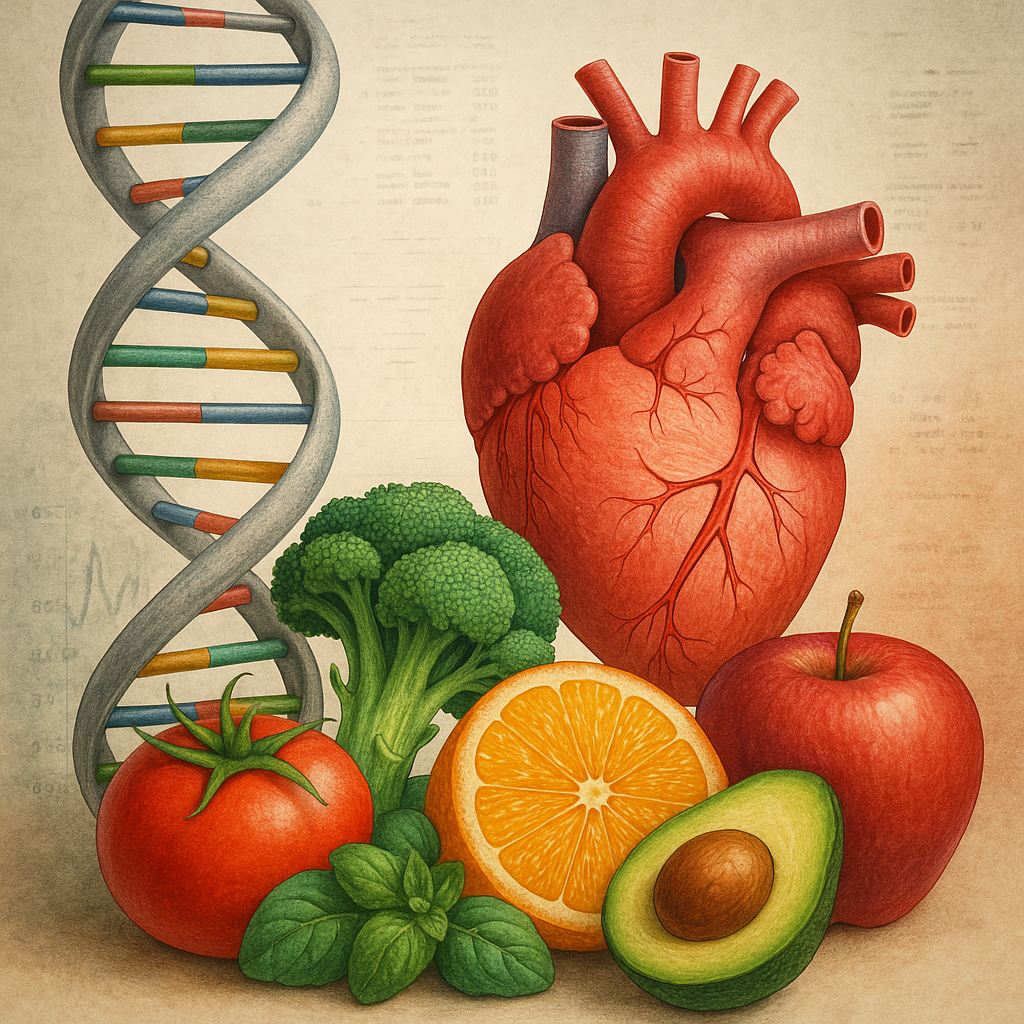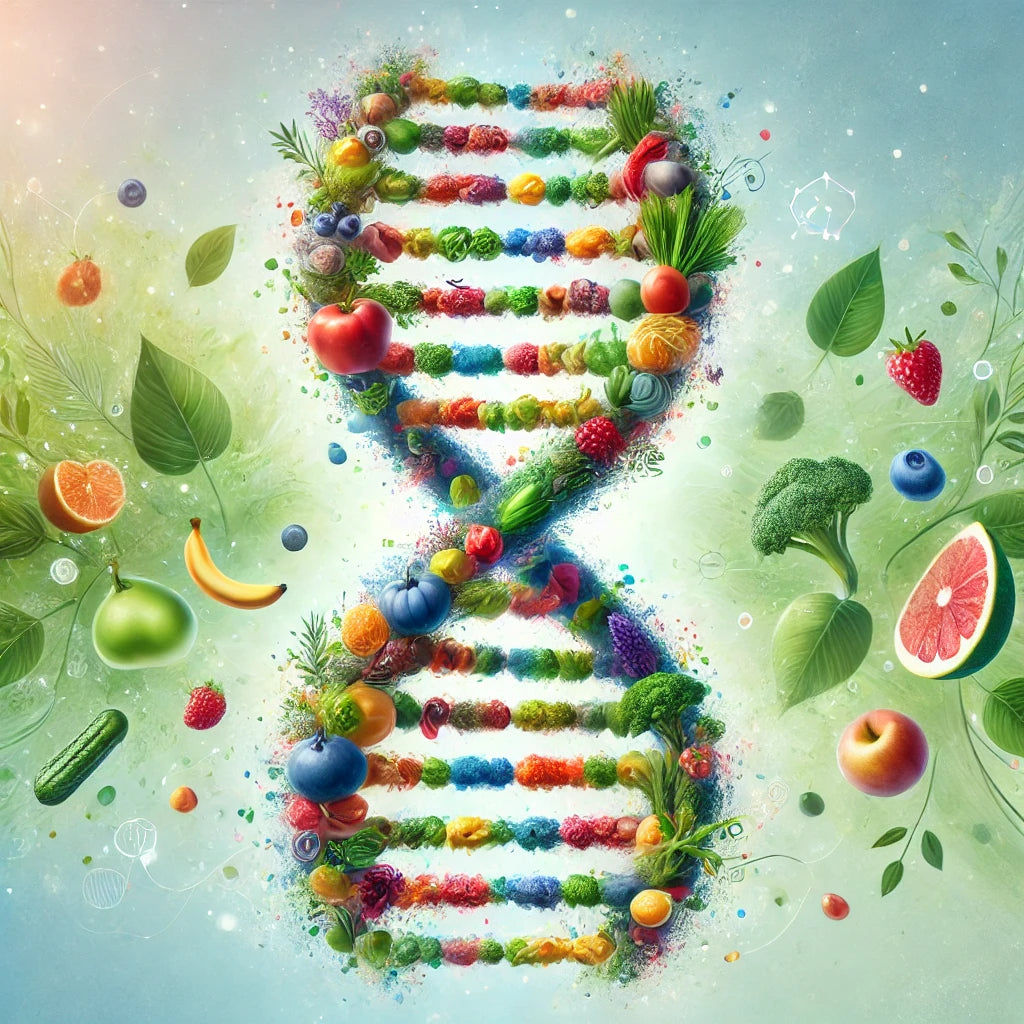News — epigenetics
Nutrigenomics and DNA: Personalizing Cardiovascular Risk Reduction
APOE gene blood pressure genes CardioGene Complete cardiovascular health cholesterol and genetics DNA testing epigenetics gene-nutrient interaction genetic heart risk genetic testing heart disease prevention heart health DNA methylated folate MTHFR nutrigenomic testing nutrigenomics omega-3 metabolism personalized nutrition personalized supplements precision nutrition
Imagine being able to tailor your diet and lifestyle based on your unique genetic makeup. No more guesswork, no more one-size-fits-all solutions—just precise, science-backed recommendations that can improve your heart health and overall wellness. That’s the promise of nutrigenomics, a cutting-edge field that explores how your genes interact with nutrients to influence your health. Specifically, it holds tremendous potential in reducing cardiovascular risk by targeting the root of the problem—your DNA.
As heart disease remains the leading cause of death globally, the importance of individualized prevention strategies cannot be overstated. Nutrigenomics offers a revolutionary approach to cardiovascular care by uncovering how specific genetic variations affect cholesterol levels, blood pressure, inflammation, and even how you metabolize certain fats. With this knowledge, you can take proactive steps to mitigate risk through personalized nutrition and targeted supplementation. In this article, we’ll explore how nutrigenomics works, what the science says, and how it can be practically applied to keep your heart in top shape.
Unlock Your Genetic Potential with the Epigenetic Diet
anti-inflammatory diet antioxidants cruciferous vegetables diet and health disease prevention DNA methylation epigenetic diet epigenetics folate gene expression genetic potential gut health healthy aging longevity methylation nutrient-dense foods nutrition and genetics omega-3s personalized nutrition polyphenols
Our genetics have long been seen as the blueprint of who we are, influencing everything from our physical appearance to our health risks. However, recent research in the field of epigenetics reveals a groundbreaking insight: our genes are not set in stone. They can be switched on or off by various factors, including our environment, lifestyle, and especially, our diet. This means that what you eat doesn’t just fuel your body—it may influence how your genes express themselves, which could have profound effects on your health and longevity.
An epigenetic diet incorporates foods and nutrients known to impact gene expression. This approach empowers individuals to make dietary choices that support the best possible genetic expression, potentially reducing the risk of diseases, improving metabolism, and even slowing the aging process. This article delves into the science behind epigenetics, examines foods that support beneficial gene expression, and offers actionable steps to help you unlock your full genetic potential through your diet.


